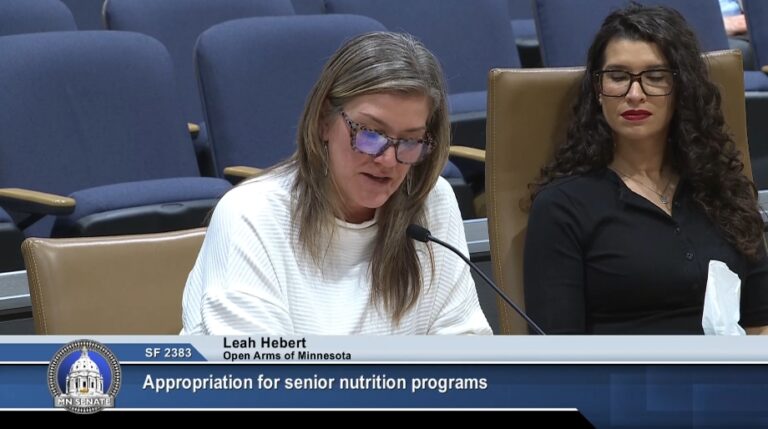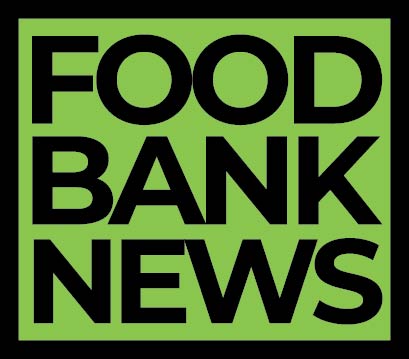
Today is National Vegetarian Day!
One easy way to eat vegetarian beyond this holiday is to celebrate Meatless Mondays—one day a week (or just four days a month or 52 days a year) to go meatless! There are both excellent health and environmental benefits from adopting a vegetarian diet, and these benefits can be seen by decreasing meat intake just one day per week.
Did you know that livestock contributes to 1/3 of methane gas emissions, which is over 14.5 percent of global human-caused greenhouse gas emissions? And, decreasing your meat intake will not only have benefits on the health of our environment, it will also have health benefits for you. Meat is often higher in saturated fat compared to other protein sources. For instance, fatty fish, such as salmon or tuna, are high in healthy fats that can help increase good cholesterol and decrease blood pressure. Plant-based proteins also have significant benefits and are loaded with nutrients meat may be lacking.
Cutting back on meat one day per week does not mean restricting your daily intake, as it is allowing you to have a weekly variety of other proteins and nutrients in your diet–fish, tofu, beans, lentils…the list continues.
Plant-based protein is…
- Higher quality and complete proteins:
- Quinoa
- Soy (tofu)
- Eggs
- High in fiber:
- Beans
- Lentils
- High in important micronutrients, such as folate, iron and potassium:
- Leafy greens such as broccoli and kale
Fatty fish is…
- High in omega-3 fats:
- Salmon
- Tuna
How will I get enough protein if I’m not eating meat?
We hear this question a lot, but don’t worry! There are plant-based and meatless proteins that are actually higher in quality than meat proteins (see the meatless options above). Quinoa, fish, tofu or soy products, eggs, beans, lentils, nut butters and leafy green vegetables are all great alternatives for your Monday meals that will make sure you get the protein you need.
Looking for meatless inspiration? Try this Wicked White Bean and Lentil Burger recipe>>







